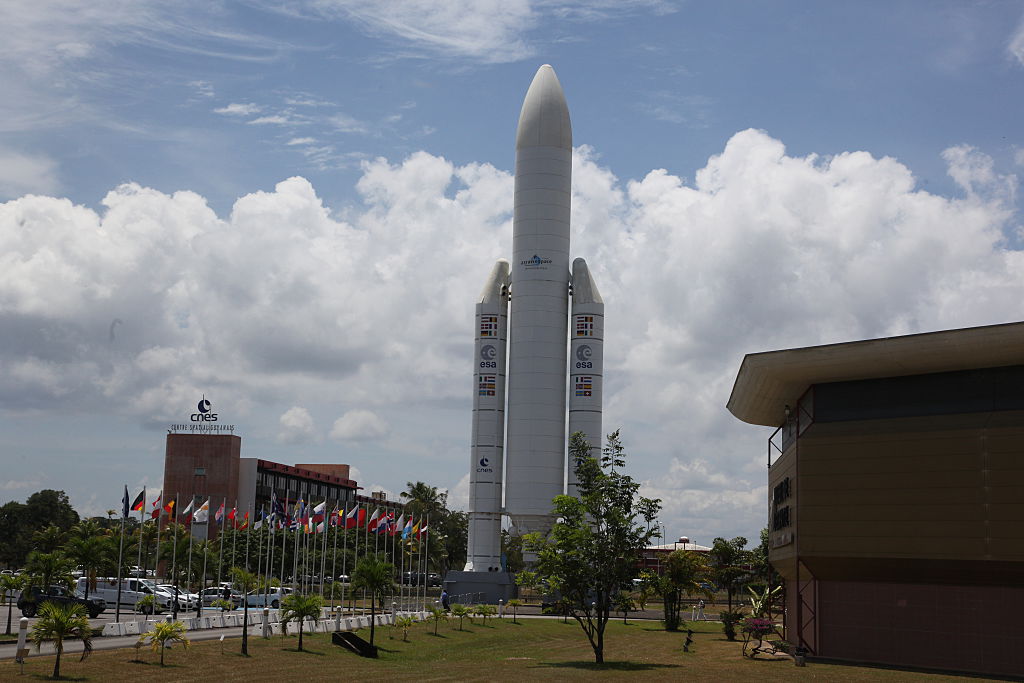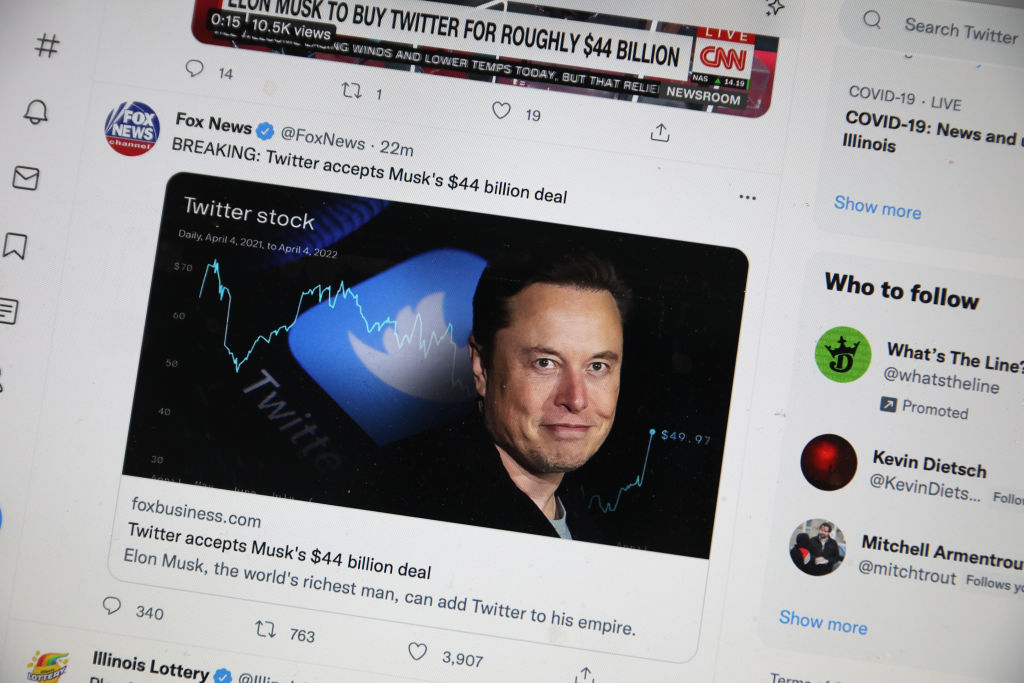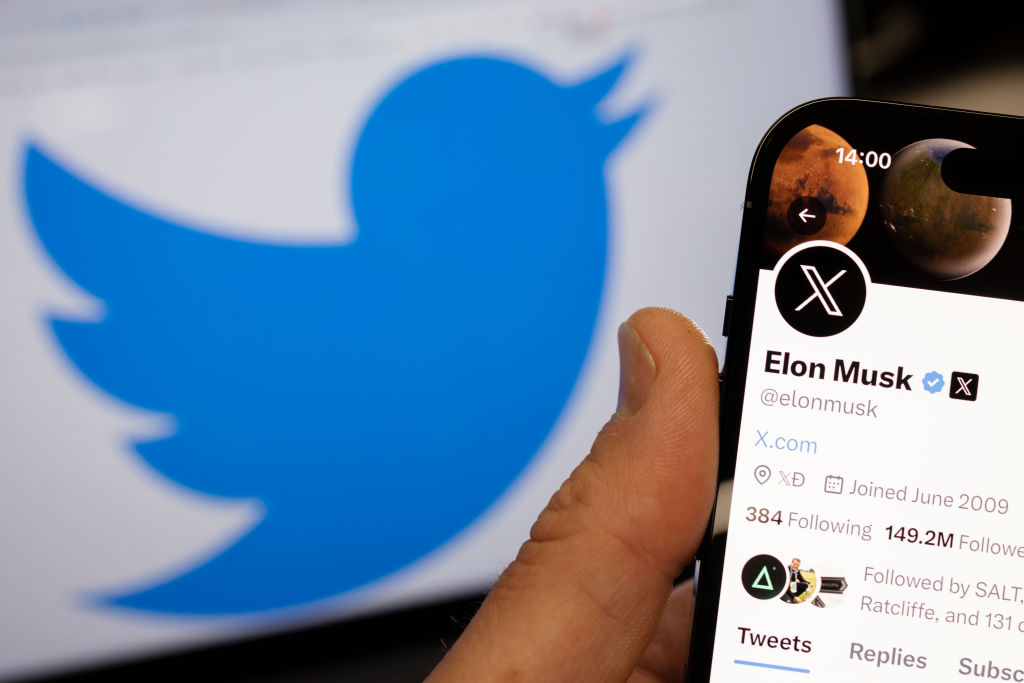European governments are becoming increasingly reliant on Elon Musk, with the US tech billionaire holding a near-monopoly on a variety of major services.
The owner of Twitter, now rebranded “X”, among other commercial technology giants, enjoys briefings by military officials on the progress of the Ukraine war, according to one US media report.
An article in The New York Times states Musk has become a key player in Ukraine’s struggle against Russia, with Ukrainian President Volodymyr Zelensky’s administration heavily reliant on the businessman’s Starlink service for numerous military operations.
“Ukraine’s battlefield decisions depended on the continued use of Starlink for communications,” the report cites one Ukrainian general as saying.
Kyiv was reportedly forced to scrap a plan to launch a drone strike against a Russian vessel in the Black Sea after Musk deactivated Starlink access in certain regions of the country.
He said on Twitter that governments would not be allowed to use Starlink “for long-range drone strikes”, complaining that people were criticising him both for supporting Ukraine and for not supporting it enough.
“Damned if you do, damned if you don’t,” he wrote.
Musk is not just accruing significant power in Europe’s military sphere; other companies he owns are becoming essential elements of European policy.
Since retiring its Ariane 5 rocket, the European Space Agency (ESA) is now fully reliant on Musk’s SpaceX launch vehicle to get payloads into orbit while ESA struggles to get its next-generation spacecraft Ariane 6 ready for operation.
Initially scheduled to be “good to go” in time for Ariane 5’s retirement, the new ESA vehicle has experienced repeated delays, with no date yet set for when it will finally come into service.
The agency, partially funded by the European Union, says that it will work with SpaceX on “time-sensitive” missions.
Musk is also increasingly gaining power over EU communications following his acquisition of what was then called Twitter.
Brussels has taken efforts to tighten its control of the platform, now dubbed X, through the Digital Services Act, with European commissioners particularly displeased with Musk’s desire to see what he calls an increase in freedom of speech on the platform.
Lawmakers have also expressed concerns regarding his attempts to monetise the platform, with one MEP describing attempts by the billionaire to lock encryption behind a paywall as “dangerous and concerning“.
“[X] is making basic safety functions to protect people and their fundamental rights subject to payment,” Kim van Sparrentak, an MEP and representative for the Dutch GreenLeft party.
The European Commission’s emphasis on tech regulation also appears to be making it harder for other companies to compete with X; fellow US billionaire Mark Zuckerberg’s Meta is so far refusing to release its Threads alternative to Musk’s platform within EU Member States due to concerns about European privacy laws.





